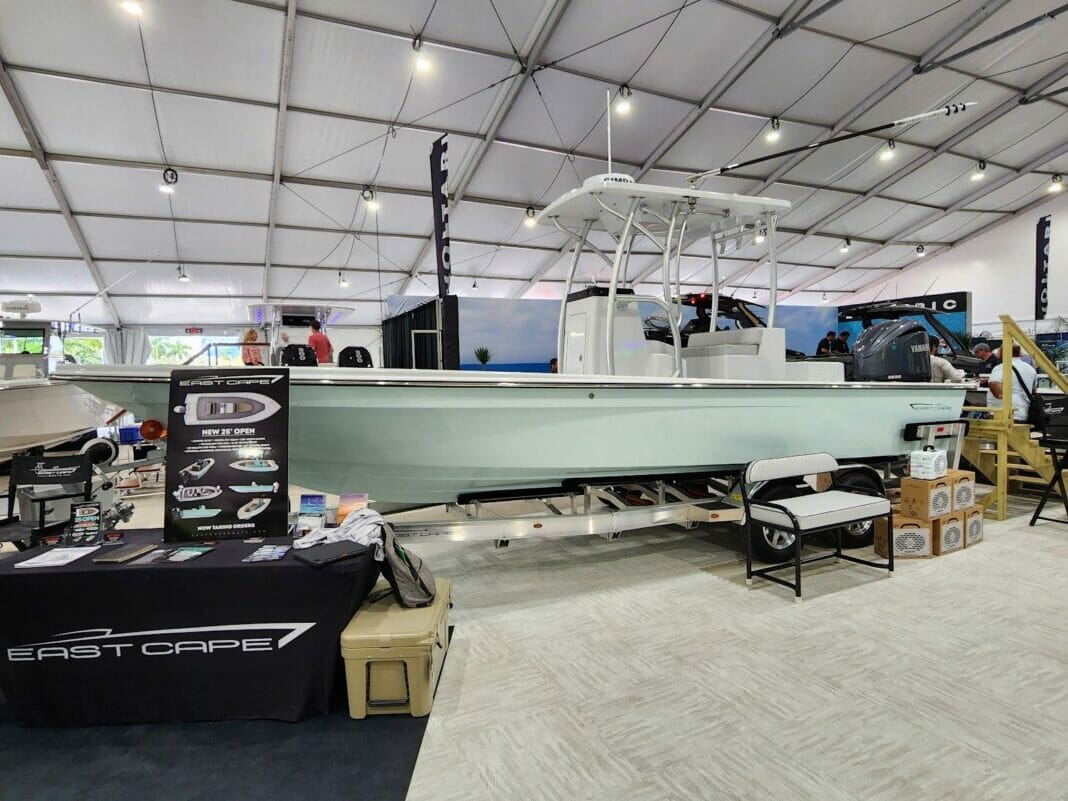Whether you’re a first-time boat buyer, or an old hand at being shipshape, navigating the world of boat financing can sometimes feel a bit like sailing in uncharted waters. But worry not, we’re here to help. In this comprehensive guide, we’ll go through everything you need to know about boat financing, from understanding the costs involved, to choosing the right financing option and securing the best possible terms for your dream vessel.
Before diving into boat financing options, it’s important to have a clear understanding of the financial commitment you’re undertaking. Boat ownership involves a multitude of costs beyond the initial purchase price.
Initial Purchase Price
The initial cost of the boat can range widely, depending on factors such as the make, model, size, and whether you’re purchasing a new or used vessel. It’s important to research different boats and their prices before moving forward with financing.
Taxes and Registration
Like any vehicle purchase, boats are subject to taxes and registration fees. These costs will vary depending on your jurisdiction. Make sure to research your local tax rates and registration fees to avoid any unexpected charges.
Insurance
Boat insurance is essential for protecting your investment. Insurance costs will differ based on the boat’s value, type, size, and how you plan to use it. Be sure to get multiple quotes from different insurance providers to ensure you’re getting the best deal.
Maintenance and Repairs
Routine maintenance and repairs are an unavoidable part of owning a boat. From engine upkeep to replacing worn-out parts, be prepared to set aside money for annual maintenance costs. Ensuring proper care of your boat will also help reduce the likelihood of costly repairs.
Storage and Dockage Fees
Unless you have the space to store your boat at home, be prepared to pay for storage, dockage, or slip fees. These fees will vary based on location, the size of your boat, and whether you choose to store it on land or in the water.
Fuel
Finally, don’t forget to factor in fuel costs for your boat. Gasoline and diesel prices fluctuate, and the overall consumption will depend on the size and usage patterns of your vessel.
Types of Boat Financing
Once you’ve taken all of the costs of ownership into consideration, it’s time to explore your financing options.
Secured Loans
Secured boat loans are the most common form of boat financing. This type of loan uses the boat as collateral, offering competitive interest rates and longer repayment terms. However, failing to make your loan payments could result in the lender seizing and selling your boat to recover the loan balance.
Unsecured Loans
Unsecured boat loans do not require the boat as collateral. This can be advantageous if you want to protect your asset, but unsecured loans typically come with higher interest rates and shorter repayment periods than secured loans.
Home Equity Loans
A home equity loan allows you to borrow against the value of your home. This can be an attractive option for homeowners due to the potential for tax-deductible interest payments and competitive rates. However, using your home as collateral for a boat loan can be risky in the event you fail to keep up with your loan payments.
Personal Lines of Credit
For individuals with good credit and strong financial profiles, personal lines of credit can be a flexible and convenient option to finance a boat purchase. Keep in mind that interest rates may be higher than other financing options.
Factors Affecting Your Boat Loan
Credit Score
Lenders assess your risk as a borrower based on your credit score. A higher credit score typically results in lower interest rates and better terms for your boat loan.
Loan Term
Loan terms can vary from a few years to more than 20 years for larger boats. A shorter loan term will result in higher monthly payments but will save you money in overall interest paid.
Down Payment
A larger down payment may reduce your loan balance, allowing for lower monthly payments and potentially better interest rates. A typical down payment is around 10-20% of the boat’s purchase price.
Choosing the Right Lender
Banks and Credit Unions
Many banks and credit unions provide boat financing options, often with competitive interest rates. If you are already a member or customer, this may be a convenient option for financing your boat.
Marine Finance Companies
These specialized lenders focus exclusively on marine financing, and they have a deep understanding of the recreational boating industry. With their expertise, they can often provide competitive rates and terms tailored to your specific needs.
Boat Dealerships
Many boat dealerships offer financing options, either in-house or through partnered lenders. This option can be a convenient one-stop-shop when purchasing your boat, but be sure to compare their offers with other lenders to secure the best deal.
Understanding the costs of boat ownership and familiarizing yourself with the different forms of boat financing will help you make an informed decision when securing a loan for your dream vessel. By researching lenders, considering various financing options, and maintaining a strong credit score, you can secure a boat loan that fits your budget and lifestyle. Happy boating!


